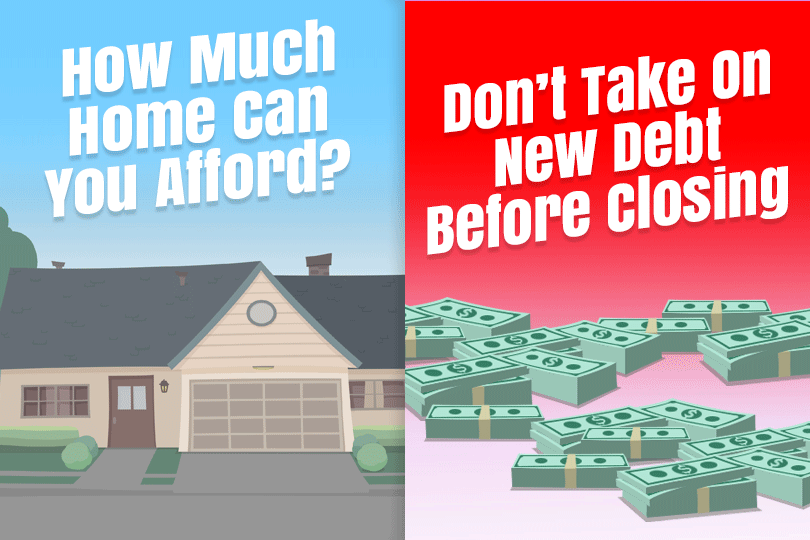How to Plan for Your FHA Home Loan

Start Planning Your Home Loan Now
If you are committed to buying a home, the best thing to do is to start planning immediately. What kind of planning? Start by reviewing your income and your monthly debt. How much home loan can you afford if you need to (ideally) keep your debt ratio (mortgage included) below 50%?
How much can you afford if your monthly debt (mortgage included) is only 40% of your monthly income? These percentages are important to consider.
You’ll also want to know how much homes typically sell for in your housing market. Do those prices work based on your debt-to-income ratio and how much you can realistically afford to borrow?
What to do if You Need Help Making These Calculations
Talk to a lender and ask what is typical in your housing market. Explain your circumstances, your income, and ask what your realistic options might be. You can also call the FHA directly at their toll-free number (1-800 CALL FHA) to request a referral to a local, HUD-approved housing counselor who can help with these questions.
Get the Whole Picture
Some borrowers make the mistake of only considering the price of the home divided by the loan term when trying to decide how much loan they can afford.
Don’t do this.
Remember that you will have mortgage insurance, you might have to pay homeowner’s association dues, and there will be property tax and homeowner’s insurance to consider. You should also consider whether other expenses might complicate things--pest control, special hazard insurance where applicable, etc.
Being able to afford your mortgage means doing so with those costs included.
Beware of “Mortgage Creep”
If you have a budget that allows you to make a $1,000 a month mortgage payment, you may find that certain costs push that mortgage payment higher.
For example, if you choose to finance the FHA Up-Front Mortgage Insurance Premium into your loan, how much will that add to your monthly payment?
Some might not be bothered if the payment goes up by a certain amount, but what happens if you decide to finance other costs too? Such as adding an Energy-Efficient Mortgage upgrade to your home loan? Those extra funds are added to your mortgage to pay for energy-saving improvements to the home.
Will your mortgage creep a bit higher due to adding that option? By how much? When does your monthly payment stop being $1,000 and start climbing closer to $1,200? Can you afford the extra? You want to consider these things as early as possible when planning your FHA mortgage loan.
------------------------------
RELATED VIDEOS:
Keep Your Eyes on Your Loan Balance
Learn About FHA Loan Prepayments
Taking Out a Home Loan Makes You a Borrower

Do you know what's on your credit report?
Learn what your score means.







